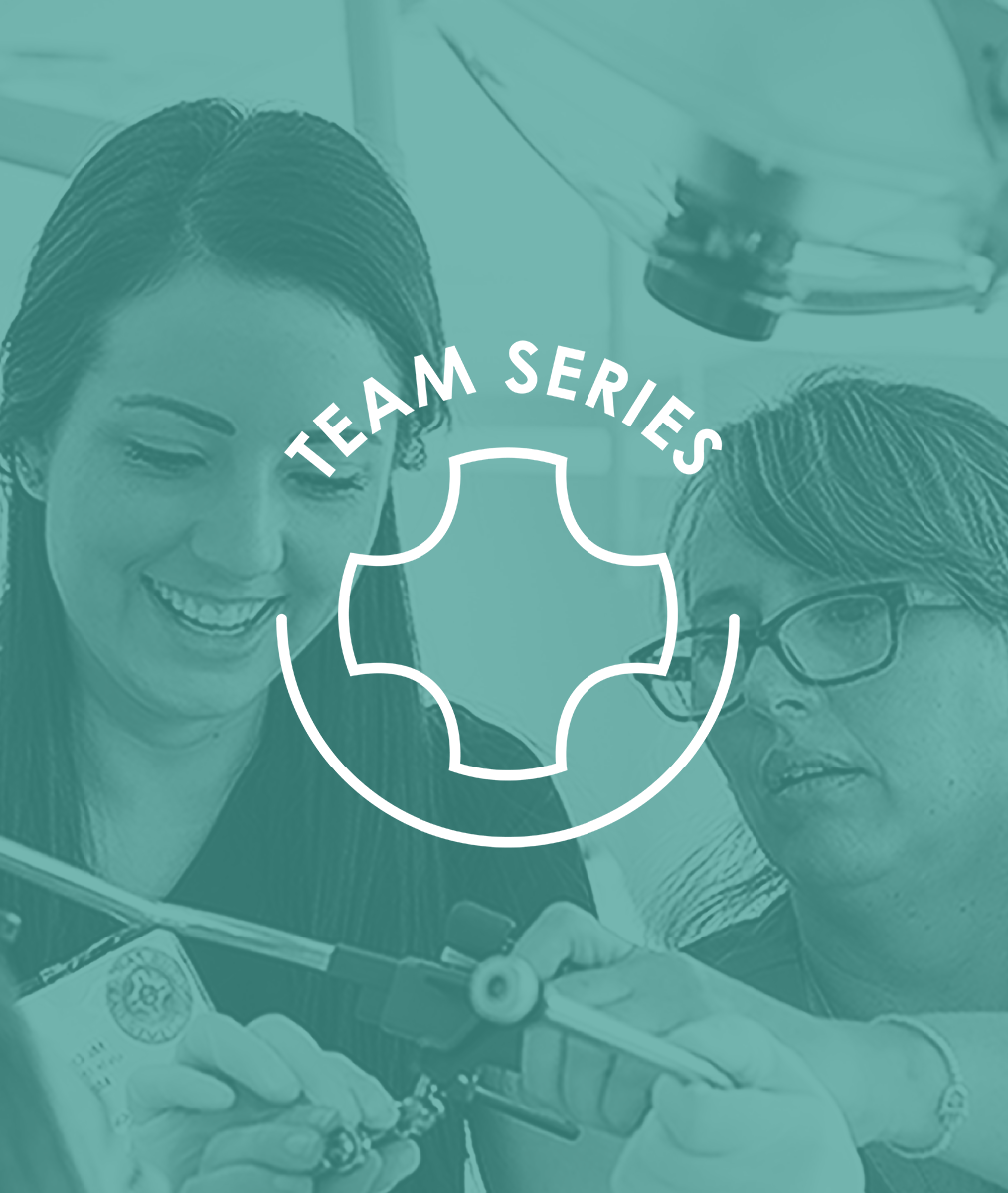Building a Culture of Agreement
Enabling Your Team to Bring Their Best to Collaborative Problem Solving
One day, several years ago, our dental practice was facing an imminent snowstorm. We could see that the storm would play havoc with our professional and personal schedules. Decisions had to be made about our response. Should our plan be the same as the last time the office had been closed by weather? People were beginning to get nervous about how this was going to play out. A clear decision and well thought out plan were called for, but there was no one right answer. We needed to quickly make a collaborative plan (an agreement) to distribute power and communicate with our patients.
Planning for Contingencies
As in the case of the imminent snowstorm, I believe there are frequently practice decisions to be made for which there is no one right answer – no one strict plan that we can establish ahead of time and not expect to modify. Many variables need to be considered each time as the circumstances of owners, team members and patients change.
Collaborative planning takes “high engagement,” insight and practice. If you have preplanned team agreement on how to handle special events, you are ahead of the curve, but you will find it helpful to visit these agreements periodically, and you can anticipate you may need to collaborate “on your feet” when contingencies arise.
Role-Playing
Last year, at “Inspired Team Facilitation” with Joan Unterschuetz, we did role-playing that helped the team develop a collaborative plan for which every member of the team had buy-in and agreement. Role-playing has helped our team huddle in an emergency to clarify what needs to be done, who can best take the lead on each task, and acknowledge the compelling reasons why we are doing this as a team. It also has been helpful to prepare each department leader to motivate team members who will help them make sure we effectively communicate with patients, assure patients, and shut down if we need to do this swiftly; then in reverse, open up the practice and zero in on what needs to be done to open the schedule and reschedule patients as priority dictates.

Agreeing to Agree
From the earliest time possible, work on building a culture of agreement around:
- Team meetings with high-engagement of all stakeholders
- Understanding problems to be solved and why they must be solved
- Respecting all team members who would be affected by giving them a voice in the planning
- Understanding that department team leaders will be accountable for execution
- Coming to joint agreement and celebrating that fact at the time the agreement is made
The goal of these “coming to agreement” exercises (even about the small stuff) is to set a standard of collaboration that is in alignment with your practice philosophy. When an emergency arises, the team knows from experience that they can quickly collaborate and come to agreement on a plan of action…even when there is no one right answer and you need to kick start action immediately. If your collaborative meeting goes off track, the dentist as practice leader needs to remind everyone of the compelling reasons why they need to come to agreement now.
Can’t Involve Everyone?
Sometimes involving everyone is not possible in a crisis, but the goal is still the same. The goal is to be on the same page and united in decisions. All team members need to be informed of decisions, so if you and your department leads need to quickly create an agreement, the leaders will report back to other team members for implementation and keep them in the loop. Keeping everyone in the loop honors them and combats the human response of making false assumptions and experiencing energy-consuming emotions. In a culture of agreement, there is less opportunity for negative energy to accumulate—less “drama.”
Related Course
The Pankey Assistant’s Experience
DATE: June 12 2025 @ 12:00 pm - June 14 2025 @ 7:00 pmLocation: The Pankey Institute
CE HOURS: 17
Regular Tuition: $ 2050
Single Occupancy Room with Ensuite Bath (Per Night): $ 345
This “can’t miss” course will empower Dental Assistants to bring their skills to excellence! During this dynamic hands-on course, led by Pankey clinical team member, Sandra Caicedo, participants will learn…
Learn More>







